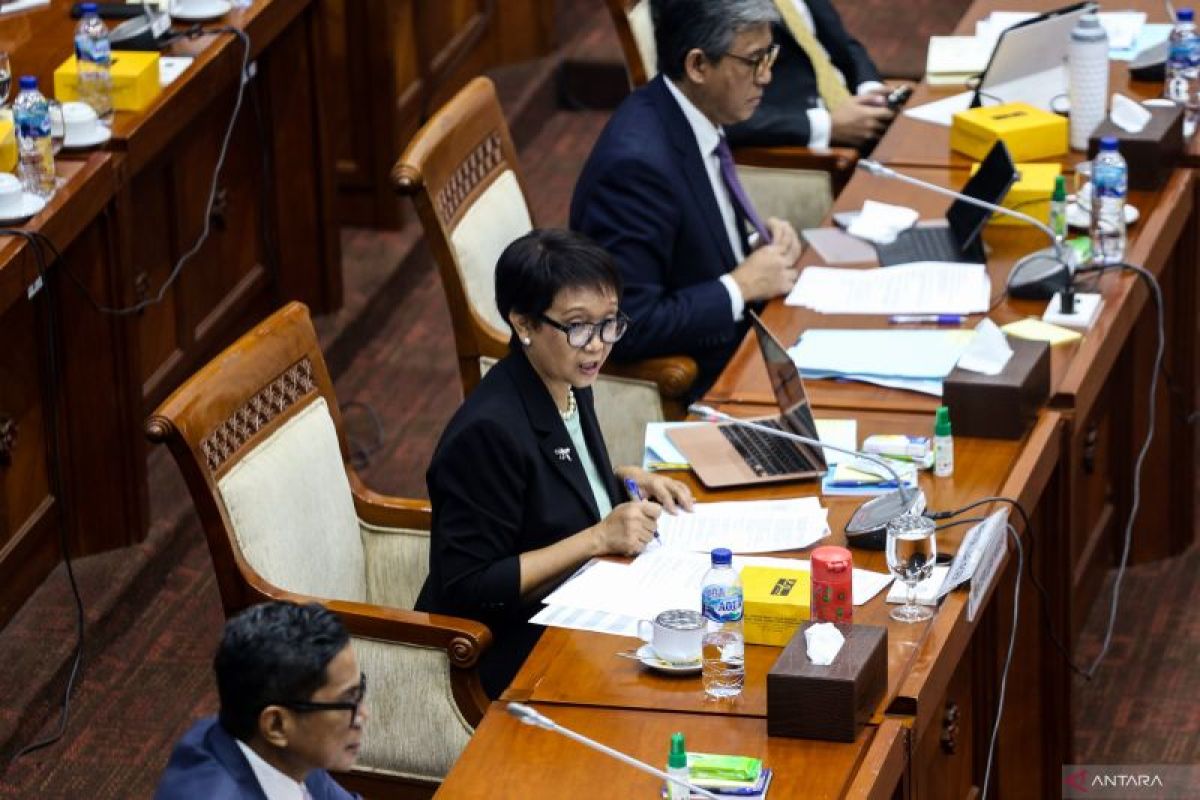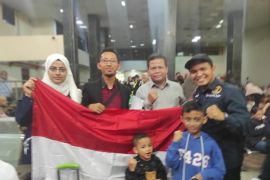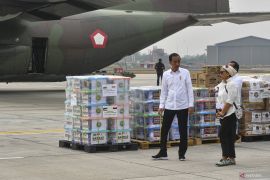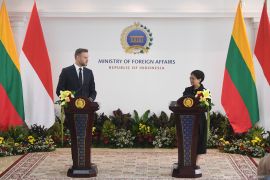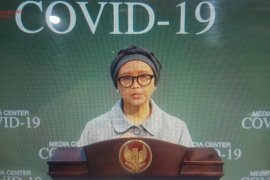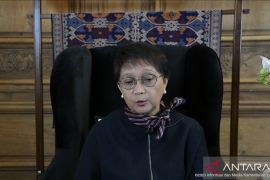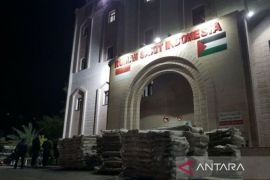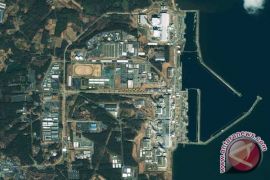"There are two key aspects to the Fukushima power plant. The first one is regarding the transparency of the (water-dumping) process, the second is the need for monitoring," she remarked following a working meeting with the House of Representatives in Jakarta.
She requested that the Japanese government coordinate with the International Atomic Energy Agency (IAEA) in addressing the radioactive water issue.
"Everything must be carried in coordination with the IAEA. In short, Indonesia emphasizes on the importance of transparency and coordinated monitoring," Marsudi pointed out.
Earlier, on Sunday (August 27), the IAEA independently took a sample on the released water and vowed to continue to monitor Japan's initiative to release the water from the wrecked Fukushima plant to an open sea.
"We will continue independent sampling and monitoring until completion," Director General of IAEA Rafael Grossi stated as quoted from a post on his social media account.
Grossi revealed that based on the latest sampling activity at the power plant, the IAEA confirmed that the tritium levels in the discharged filtered water were still far below the operational limits.
Japan began releasing nuclear-contaminated water from the crippled Fukushima Daiichi power plant into the Pacific Ocean on Thursday (August 24). The dumping process is expected to take three decades or longer to complete.
The process is being carried out by the power plant's operator, Tokyo Electric Power Company (TEPCO), to prevent the tanks at the power plant that had been containing the water from being overloaded in 2024.
This decision has sparked protests from domestic and foreign actors, especially from countries that consider the water as a threat to their security.
Related news: Japan must eliminate tariff on canned tuna export: Minister
Related news: Indonesia, Japan explore cooperation in fishery workers' development
Translator: Melalusa S, Tegar Nurfitra
Editor: Anton Santoso
Copyright © ANTARA 2023
